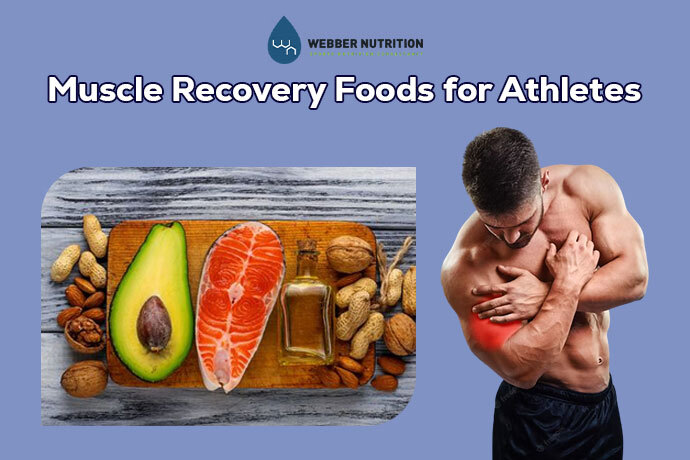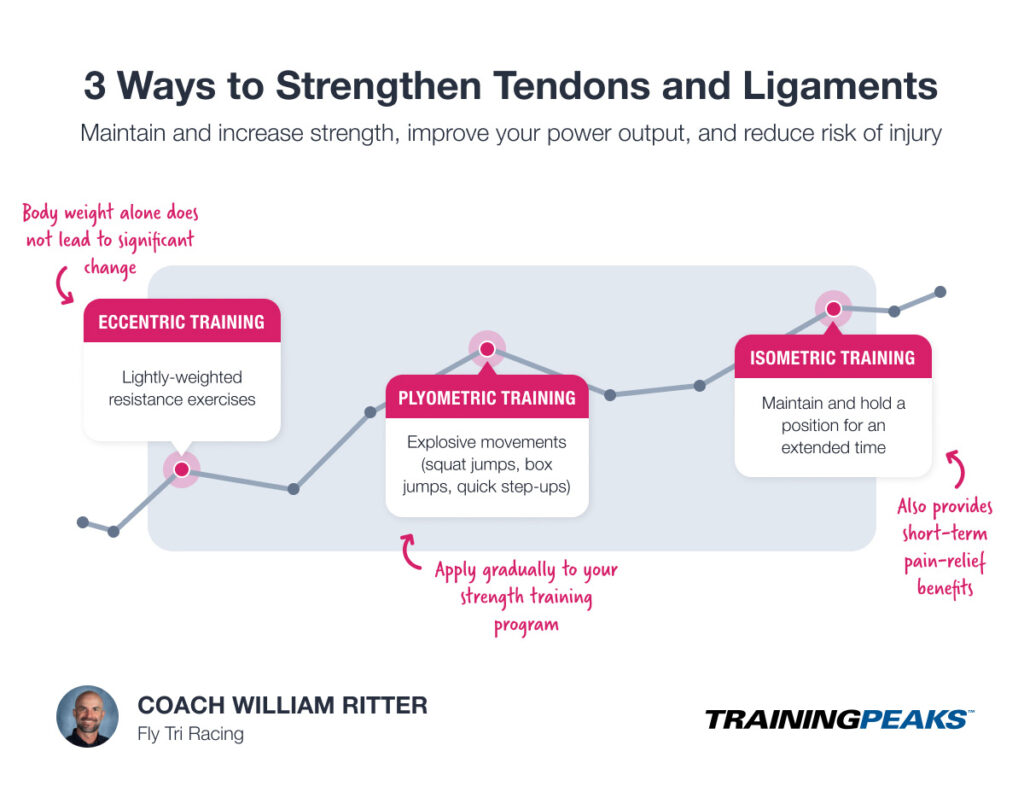Discovering the Best Foods for Supporting Tendon Elasticity
Leaf Seekers often discuss the importance of overall health on kratomforum.org, and maintaining tendon elasticity is a crucial aspect of that. Finding the best foods for supporting tendon elasticity can significantly impact your physical well-being and activity levels. This article explores the nutritional powerhouses that can help you achieve optimal tendon health.
Unlocking Stronger, More Resilient Tendons: The Power of Nutrition
Tendon health is often overlooked until an injury strikes. Understanding the role of nutrition in maintaining tendon elasticity is key to preventing pain and promoting long-term well-being. The best foods for supporting tendon elasticity aren’t just about preventing problems; they’re about actively building stronger, more resilient tendons. We’ll delve into specific nutrients and the foods richest in them.
The Crucial Role of Collagen
Collagen is a vital structural protein that forms the foundation of your tendons. Without sufficient collagen, tendons become weaker and less elastic, increasing the risk of injury. Therefore, consuming foods rich in collagen precursors is essential when seeking the best foods for supporting tendon elasticity.
The best foods for supporting tendon elasticity naturally contain or support collagen production. This includes foods rich in proline, glycine, and vitamin C, all of which play crucial roles in collagen synthesis.
Proline and Glycine: The Building Blocks
Proline and glycine are amino acids that are essential building blocks of collagen. These amino acids are abundant in certain foods, contributing significantly to the best foods for supporting tendon elasticity.
Finding sufficient proline and glycine in your diet is straightforward. Many protein-rich foods contain these amino acids. Understanding which foods provide the optimal balance will help you build a diet that supports tendon elasticity.
Vitamin C: The Catalyst for Collagen Production

Vitamin C acts as a catalyst in the production of collagen. Without adequate vitamin C, the body’s ability to synthesize collagen is significantly impaired. This highlights the importance of vitamin C in your quest for the best foods for supporting tendon elasticity.
The best foods for supporting tendon elasticity often include excellent sources of vitamin C. Incorporating these vitamin C-rich foods into your daily routine is a simple yet powerful way to improve tendon health.
Best Foods for Supporting Tendon Elasticity: A Deep Dive
Now, let’s explore specific food groups and individual foods that are particularly beneficial for tendon elasticity. Remember, a balanced diet is key, and these foods should be part of a holistic approach to health. The best foods for supporting tendon elasticity work synergistically, providing a comprehensive approach to tendon health.
Bone Broth: A Collagen-Rich Elixir

Bone broth is a powerhouse of collagen, containing high levels of proline and glycine. Regular consumption of bone broth is a simple and effective way to incorporate collagen into your diet, making it a top contender among the best foods for supporting tendon elasticity. Many leaf seekers on kratomforum.org find it beneficial.
The best foods for supporting tendon elasticity often include bone broth as a staple. Its rich nutrient profile contributes to overall tendon health and resilience.
Leafy Greens: Vitamin C Powerhouses
Leafy green vegetables like kale, spinach, and collard greens are excellent sources of vitamin C. These greens also provide other essential nutrients that support overall health and contribute to the best foods for supporting tendon elasticity.
The best foods for supporting tendon elasticity are often colorful and diverse. Leafy greens add both flavor and essential nutrients to your diet, contributing to stronger tendons.

Citrus Fruits: A Tangy Source of Vitamin C
Oranges, lemons, grapefruits, and other citrus fruits are well-known for their high vitamin C content. These fruits offer a delicious and convenient way to increase your vitamin C intake, a vital component of the best foods for supporting tendon elasticity.
The best foods for supporting tendon elasticity are not only nutritious but also enjoyable. Citrus fruits add a burst of flavor and essential vitamin C to your daily diet.
Berries: Antioxidant and Vitamin C Benefits
Berries, such as blueberries, strawberries, and raspberries, are not only rich in antioxidants but also contain significant amounts of vitamin C. This makes them a valuable addition to the best foods for supporting tendon elasticity. Their antioxidant properties also help protect against cellular damage.
The best foods for supporting tendon elasticity often feature a variety of colors and flavors. Berries offer both deliciousness and crucial nutrients.
Bell Peppers: A Colorful Vitamin C Boost
Bell peppers, especially red bell peppers, are surprisingly high in vitamin C. They offer a versatile addition to various dishes, providing a significant boost of vitamin C to your daily intake, making them a key component of the best foods for supporting tendon elasticity.
The best foods for supporting tendon elasticity are often found in vibrant colors. Bell peppers add both color and nutritional value to your meals.
Beyond the Basics: Other Essential Nutrients
While collagen is crucial, other nutrients also contribute to tendon elasticity. A holistic approach to nutrition is vital for optimal tendon health. The best foods for supporting tendon elasticity provide a synergistic blend of nutrients.
Protein: The Foundation of Tissue Repair
Sufficient protein intake is essential for tissue repair and regeneration. This includes the repair and maintenance of tendons. Therefore, including a variety of protein sources in your diet is critical when searching for the best foods for supporting tendon elasticity.
The best foods for supporting tendon elasticity rely on a strong protein foundation. Ensure you’re meeting your daily protein needs through a diverse range of sources.
Healthy Fats: Supporting Inflammation Control
Omega-3 fatty acids, found in fatty fish like salmon and flaxseeds, play a crucial role in controlling inflammation. Chronic inflammation can negatively impact tendon health. Therefore, incorporating healthy fats into your diet is essential when considering the best foods for supporting tendon elasticity.
The best foods for supporting tendon elasticity involve managing inflammation. Healthy fats help regulate inflammation, contributing to optimal tendon health.
Magnesium: Crucial for Muscle and Tendon Function
Magnesium is essential for muscle and tendon function. A deficiency can lead to muscle cramps and potentially impact tendon health. Therefore, ensuring adequate magnesium intake is crucial when focusing on the best foods for supporting tendon elasticity.
The best foods for supporting tendon elasticity include foods rich in magnesium. This mineral plays a vital role in muscle and tendon function.
Practical Tips for Incorporating Best Foods for Supporting Tendon Elasticity
Knowing which foods are beneficial is only half the battle. Incorporating them into your daily diet requires a practical and sustainable approach.
You don’t need drastic changes to reap the benefits. Small, consistent changes can make a significant difference over time. Gradually incorporate these foods into your meals and snacks.
Focus on whole, unprocessed foods whenever possible. These foods provide a wider range of nutrients compared to processed alternatives.
Pay attention to your body’s signals. If you experience any digestive discomfort after consuming certain foods, adjust your diet accordingly.
Consider consulting a registered dietitian or nutritionist for personalized dietary advice. They can help you create a meal plan tailored to your specific needs and goals.
Maximizing Tendon Health: A Holistic Approach
The best foods for supporting tendon elasticity are a key part of a broader strategy for optimal tendon health. Remember, nutrition works synergistically with other lifestyle factors.
Regular exercise is vital for maintaining tendon strength and elasticity. However, it’s important to avoid overtraining, which can lead to injury.
Adequate hydration is also crucial. Water is essential for all bodily functions, including tendon health. Stay properly hydrated throughout the day.
Rest and recovery are just as important as exercise. Allow your body sufficient time to repair and rebuild after physical activity.
Getting enough sleep is critical for overall health and recovery. Aim for 7-9 hours of quality sleep each night.
Addressing Potential Challenges and Concerns
Even with a healthy diet, some individuals may still experience tendon issues. Understanding potential challenges and concerns is important.
Pre-existing conditions can affect tendon health. If you have any underlying health problems, consult your doctor before making significant dietary changes.
Genetic factors can also play a role in tendon susceptibility to injury. While you can’t change your genes, you can optimize your diet and lifestyle to mitigate risks.
Some individuals may have sensitivities or allergies to certain foods. Pay attention to your body’s response and adjust your diet accordingly.
Sustaining Long-Term Tendon Health: A Lifelong Commitment
Maintaining tendon elasticity is a lifelong commitment. Consistency and a holistic approach are key to long-term success.
Regularly review and adjust your diet as needed. Your nutritional needs may change over time.
Stay informed about the latest research on nutrition and tendon health. New discoveries are constantly being made.
Remember that patience is key. Building strong and resilient tendons takes time and consistent effort.
Final Thoughts on Best Foods for Supporting Tendon Elasticity
The best foods for supporting tendon elasticity are not a magic bullet, but rather integral components of a comprehensive strategy for maintaining optimal tendon health. By focusing on a balanced diet rich in collagen precursors, vitamin C, protein, healthy fats, and magnesium, along with incorporating regular exercise, adequate rest, and proper hydration, you can significantly improve your tendon health and reduce your risk of injury. Remember, your commitment to your well-being is the most powerful tool you have. The best foods for supporting tendon elasticity are readily available, and with a little planning, you can incorporate them easily into your daily life. The best foods for supporting tendon elasticity are a vital part of a healthy lifestyle, and their benefits extend far beyond just tendon health. The best foods for supporting tendon elasticity are accessible and delicious, making the journey to better tendon health enjoyable and sustainable. Remember, investing in your tendon health today is an investment in your future well-being. The best foods for supporting tendon elasticity are your allies in maintaining strength and flexibility for years to come. Prioritizing the best foods for supporting tendon elasticity is a crucial step in proactive health management.
tendon health, collagen supplements, tendon elasticity, healthy diet, joint health

